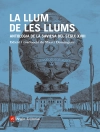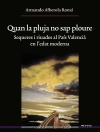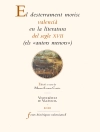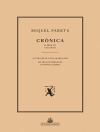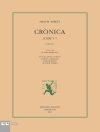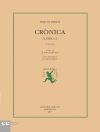– Ever wonder if there was light after Dark Ages?
– This history of the Church from the 15th to the 18th centuries is explored with insight and inquisition
– Starting with the aftermath of the Reformation, this book is a must for knowing the Church’s roots
After a historiographical and interpretative introduction, the book falls into two parts, both referencing the ‘Invisible Worlds’ of the title, and representing different angles of vision on aspects of early modern belief that today seem particularly strange and disturbing, even to believing Christians.
The first five chapters consider the intellectual and cultural consequences of the Reformation’s assault on established beliefs about the afterlife, and the experience of souls there. They show how debates about the existence of purgatory, and related matters such as the nature of hell-fire, acted as unwitting agents of modernization, but also provided scope for ordinary people to practise a kind of vernacular theology.
The second part looks at deeply-held beliefs around angels, ghosts and fairies, and how these were re-appropriated and reimagined when cut from their traditional theological moorings.
Table des matières
Contents
PART 1: HEAVEN, HELL AND PURGATORY: HUMANS IN THE SPIRIT WORLD
1. After Purgatory: Death and Remembrance in the Reformation World
2. ‘The Map of God’s Word’: Geographies of the Afterlife in Tudor and Early Stuart England’
3. Judgment and Repentance in Tudor Manchester: The Celestial Journey of Ellis Hall
4. The Reformation of Hell? Protestant and Catholic Infernalisms, c. 1560-1640
5. The Company of Heaven: Identity and Sociability in the English Protestant Afterlife
PART 2: ANGELS, GHOSTS AND FAIRIES: SPIRITS IN THE HUMAN WORLD
6. Angels Around the Deathbed: Variations on a Theme in the English Art of Dying
7. The Guardian Angel in Protestant England
8. Deceptive Appearances: Ghosts and Reformers in Elizabethan and Jacobean England
9. Piety and Poisoning in Restoration Plymouth
10. Transformations of the Ghost Story in Post-Reformation England
11. Ann Jeffries and the Fairies: Folk Belief and the War on Scepticism
A propos de l’auteur
Peter Marshall is Professor of History at the University of Warwick and co-editor of The English Historical Review. He has published widely on many aspects of the religious culture of early modern Europe, particularly in the British Isles, and his books include Mother Leakey and the Bishop: A Ghost Story (2007), The Reformation: A Very Short Introduction (2009) and Heretics and Believers: A History of the English Reformation (2017).


